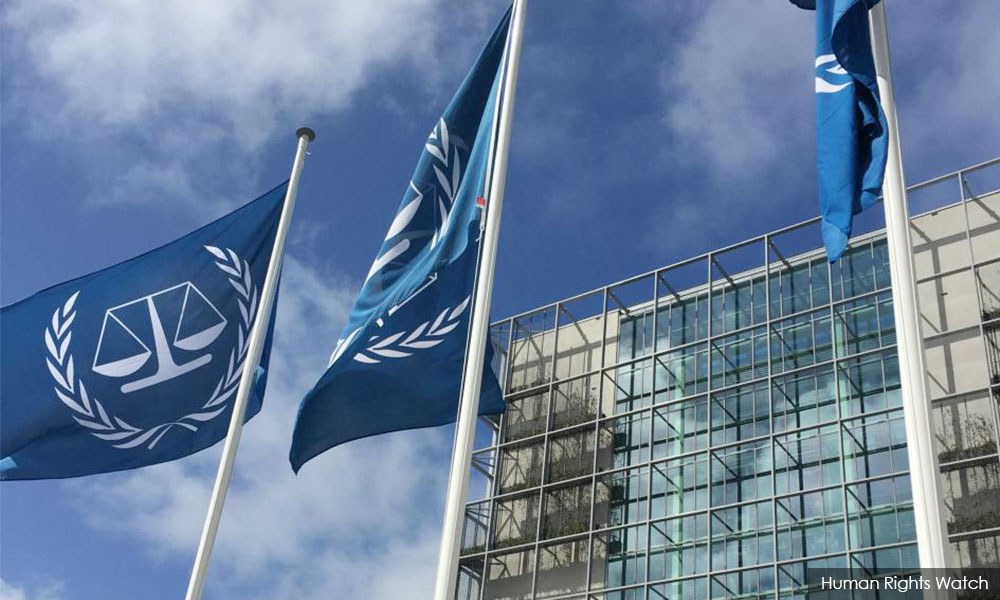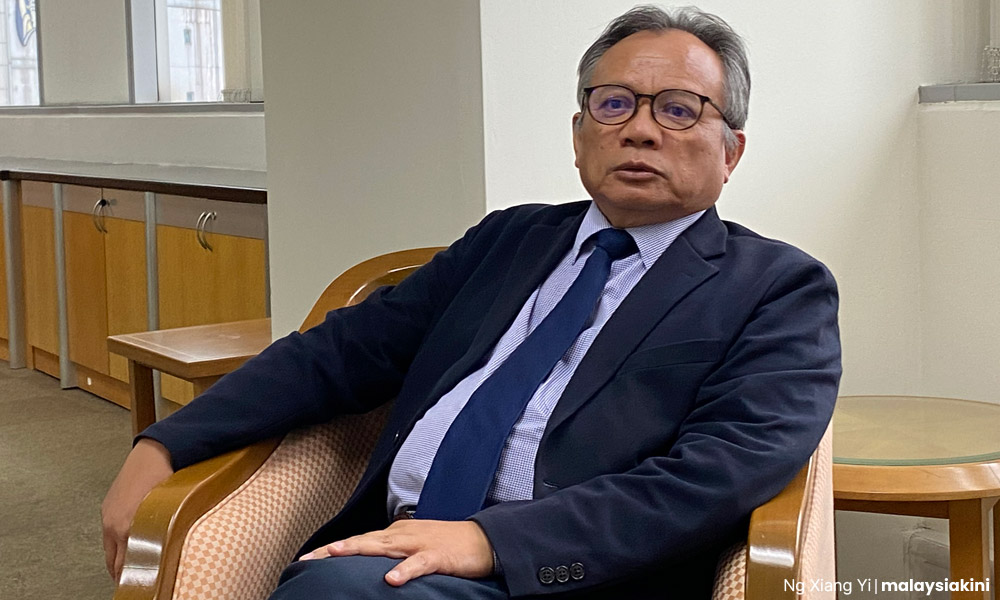National Human Rights Commission (Suhakam) chairperson Rahmat Mohamad said he is not an opponent of the Rome Statute.
Rather, he said the reason he co-authored a paper objecting to Malaysia’s ratification of the Rome Statute in 2019 was that he felt the necessary preparations were not completed at the time.
“People misunderstood me, (they think) that I am an opposer of the Rome Statute. No, it is not that. I am never against (punishing) those four big crimes,” Rahmat told Malaysiakini in an interview recently.
The Rome Statute – which has been ratified by 123 states – is an international treaty establishing the International Criminal Court (ICC) which focuses on genocide, crimes against humanity, war crimes and the crime of aggression.
The ICC can only investigate and prosecute such crimes in situations where states are unable or unwilling to do so themselves.
When Pakatan Harapan took over the government after the 2018 general election, it wanted to ratify several international treaties, including the Rome Statute.
Rahmat said it is good that Harapan wanted Malaysia to be known as a human rights-friendly nation, but some processes have to be observed before signing international treaties.
His concern at the time was that the country had not undergone these processes and as such, he deemed it not ready to sign the treaty.
“If you become party to the Rome Statute, you need to domesticate local laws. When they announce it, it is not immediately applicable.
“In our case, we have to go to Parliament to do the necessary laws to ensure the provisions in the Rome Statute are applicable,” Rahmat said.

An example he gave was the Penal Code, which does not define crimes against humanity and genocide, which are two of the four international crimes that the Rome Statute focuses on.
The judiciary needs to be educated on how the treaty would become applicable and the Conference of Rulers also need to be consulted on the matter, Rahmat said.
“So are we in that situation (of preparedness), I asked.
“That was the concern, that’s why I objected. Because so many fundamental things were not put on the table before you could finally say, ‘okay, we are ready’,” he added.
‘We cannot simply sign’
The same concern applies to other international treaties that the Harapan administration wanted to ratify during their time in power, including the controversial International Convention on the Elimination of All Forms of Racial Discrimination (Icerd).
“When you talk about Icerd, there is the Federal Constitution with sensitive issues. So how do you resolve this? We cannot simply sign.
“As far as Icerd is concerned, we are not ready but we have to start preparing. The preparing is the process,” Rahmat said, adding that Suhakam would play its role in the process as well.
He had also written an open letter. in 2018. stating that Malaysia should legislate international human rights instruments into domestic law first before ratifying international human rights laws.
Insisting that he does not oppose the principles of the Rome Statute, Rahmat pointed to his eight years of experience as the Asian-African Legal Consultative Organisation (AALCO) secretary-general, during which he dealt with similar subjects.

He also pointed out that many of the African countries he worked with at the time had a lot of reservations and scepticism about the Rome Statute, even after signing the treaty.
Back then, Rahmat said, the African countries raised concerns about selective prosecution by the ICC as they claimed only leaders from their part of the world were being tried for genocide, despite many other countries doing worse.
Rahmat’s recent appointment as the Suhakam chief commissioner had received brickbats from civil societies, which expressed their concerns about the role he played in convincing the Conference of Rulers to reject the Rome Statute.
This then professor of law at UiTM was one of four academicians who authored a document for the Conference of Rulers in April 2019, advising against Malaysia ratifying the Rome Statute.
Aside from Rahmat, civil societies also criticised the appointments of lawyers Hasnal Rezua Merican Habib Merican and Nazira Abdul Rahim, who are politically affiliated with Umno.
Nazira is the women’s chief of the Kulim-Bandar Baharu Umno division and Bandar Baharu municipal councillor, while Hasnal is the Selayang Umno deputy division chief.
Previously, their fellow commissioner K Ragunath – himself a former Malaysian Bar president – had defended their appointments and said they should be judged by their work and not by their political links.
Rahmat expressed the same view as Ragunath, adding that Suhakam commissioners have a responsibility to be neutral.
“We will let our actions speak for ourselves,” he said. - Mkini




No comments:
Post a Comment
Note: Only a member of this blog may post a comment.